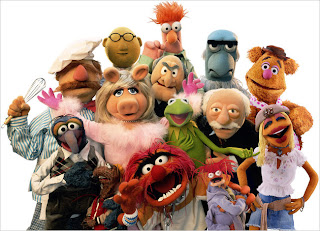This Internet Has Been Rated G
America is no stranger to censorship; book burnings and blacklisting have been a part of our culture for at least as long as we've been a nation. However, these acts were committed by other people and were usually public and with clear perpetrators and motives, making them easier for free speech crusaders to target and fight. But how does one fight a math equation? With the consolidation of most internet activity into the hands of a few large corporations (Apple, Amazon, Facebook, Google), our online behavior is becoming more and more subject to the whims of these equations which make value judgments on our words without applying the human filter of context, judgment, and discussion. And for the most part, we don't even realize it.
My mind tends to wander to worst case scenarios fairly quickly, and in this case I foresee a dark future where our dependence on the internet has led us to cede our indignation over censorship and desire to protect our free speech to corporate automatons, whose ostensible power slowly strips our culture of all provocation. We can't let algorithmic drones be the arbiters of language, content, and copyright. While they can help us manage the awesome breadth and depth of internet fodder, we can't automatize the whole system. There needs to be human oversight to protect our humanity. A sanitized internet would reflect a sanitized society, and as a creator and producer I can't think of anything more scary.



